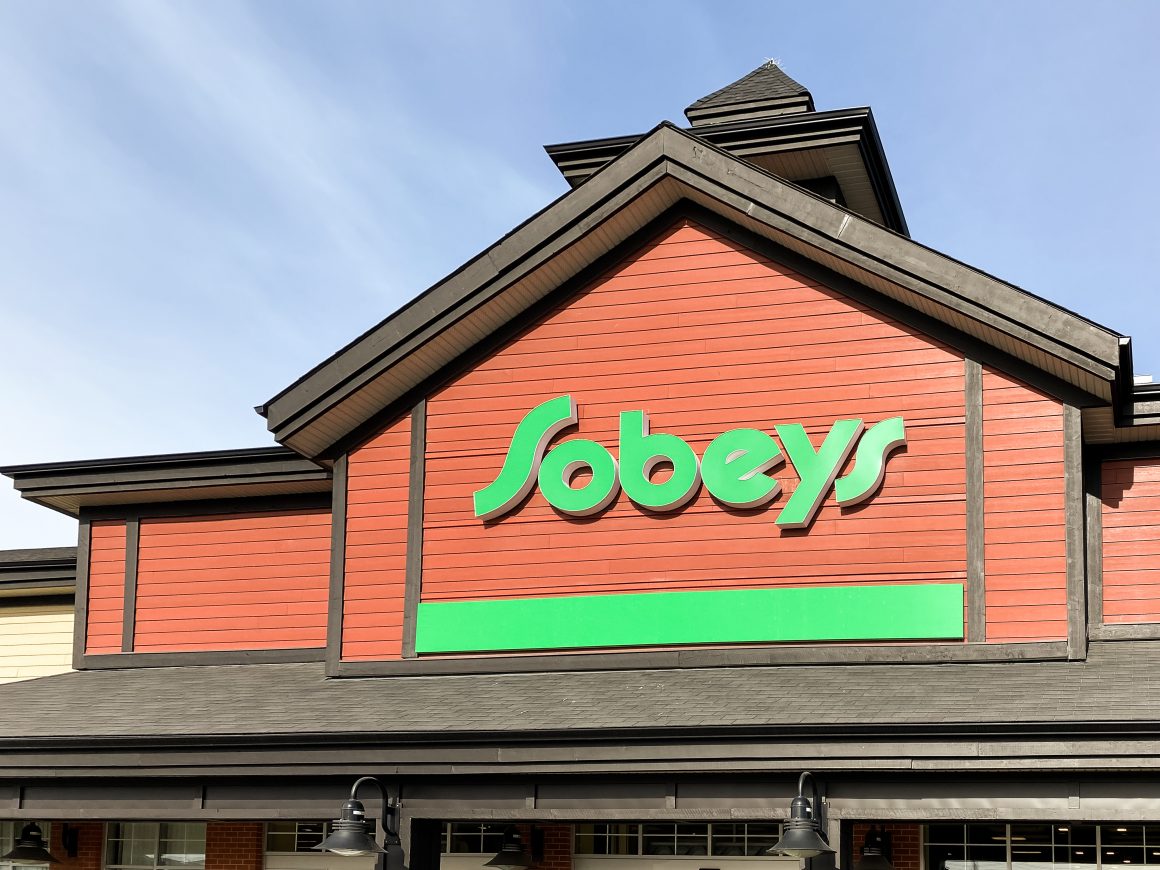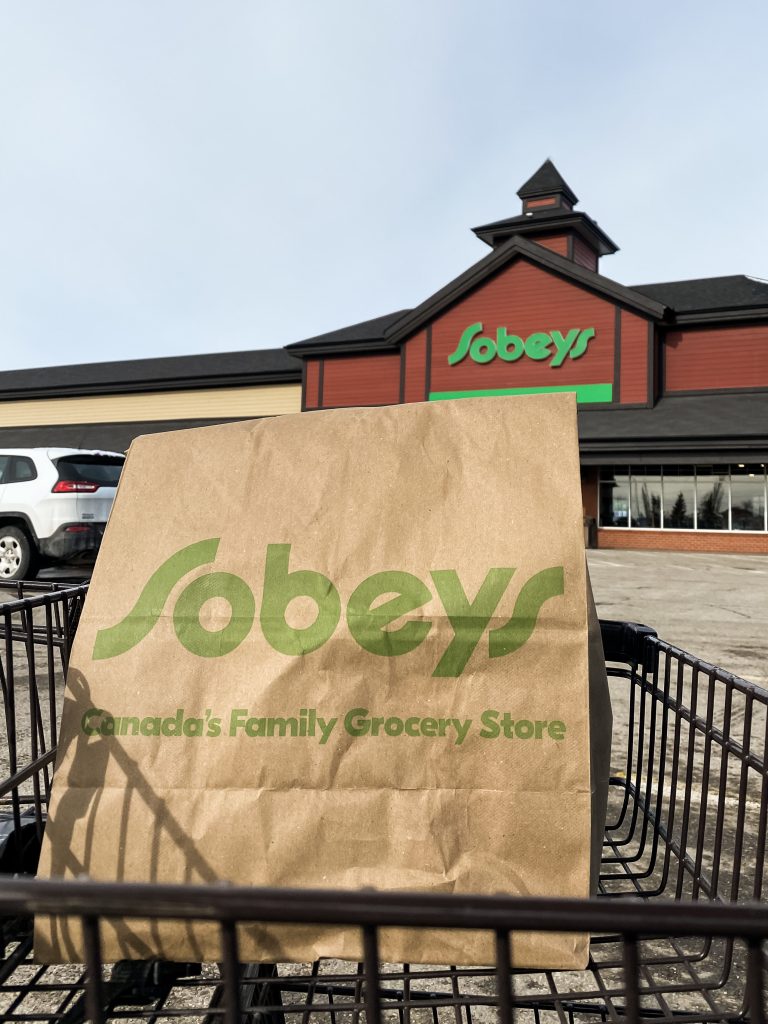
Plastic bag ban: endgame or first step?
By Ava Zardynezhad, March 23 2020—
In the last year, our impact on our planet and natural environment has become palpable. With the news of the Amazon wildfires gaining international attention in the summer of 2019 and the Australian bushfires later in the same year, the impending danger of losing much of our natural environment feels closer than ever before.
Pictures of cyclists feeding koalas water out of bottles and marsupials with burnt faces and coats reinforced a threat that has long been swept under the carpet. The intensification of the fires at the beginning of the new year served as a reminder that global climate change is an imminent threat, and that we must act in favour of protecting our natural environments and promote a more sustainable life. Moreover, the sheer number of climate strikes, walkouts, as well as the emergence of advocates such as Greta Thunberg and even the arrest of protestors, notably celebrities such as Jane Fonda and Joaquin Phoenix have attracted more attention to the issue than possibly ever before. There are many areas of sustainability that come to mind when we think of environmental protection. Living in Alberta, the oil and gas industry has always been a major target. Finding more sustainable energy alternatives has been a focus in our endeavours towards decreasing our footprint on the environment. However, one practice that has been gaining a lot of attention in the recent years is “going plastic free.”
Plastics have long been a target when it comes to living more sustainably. Endless campaigns have called for plastic-free communities and banning single-use plastics, whether it’s plastic straws, plastic six-pack rings or even plastic bags. Many fast food chains have gone plastic-free, such as A&W. They’ve bid plastic straws, wrappers and cutlery goodbye. Other institutions have banned plastic bags, the most recent of which is Sobeys. Since February, Sobeys finally put their “Bring Your Own Bag” policy into action. All across Canada, branches of the store will no longer provide single-use plastic bags. Customers are encouraged to bring their own totes or purchase reusable bags at the store.
This is certainly a big move for a grocery store, especially to implement such an initiative country-wide. In recent years, many stores have made access to single use plastic bags more difficult — many even charge customers for using them. Sobeys started experimenting with this initiative in Prince Edward Island after the province’s plastic bag ban in July of last year. This was a step that has been much appreciated and supported by many, and therefore has now been implemented country wide — rightfully so, considering the negative environmental impacts of plastic bags.
In 2019, plastic bags made up the seventh most commonly found plastic trash, as reported by the Ocean Conservancy’s International Coastal Cleanup. Plastics can break down into smaller particles called microplastics which can be toxic to marine life, not to mention the physical hazards that they create for marine animals. Therefore, banning the use of plastic bags will definitely have some positive environmental impacts. However, is this step enough when it comes to us as consumers and supermarkets as providers?

Single-use plastics are a large concern when it comes to environmental sustainability and protection. They are convenient and cheap to produce and use, but that makes them plentiful, which is a disadvantage since they are hard to degrade. Many have started promoting metal or paper straws or compostable plastics to replace plastic ones, yet plastic bags are the easiest single-use plastic products to ban and replace, since it is very easy to live without them. Using reusable bags and totes has become very popular and even to a certain extent “trendy.” Since it is such an easy article to get rid of, and since the general public is generally in favour of removing plastic bags, it is usually the first step any large store chain or organization takes to become more “eco-friendly” and “sustainable.”
However, there are also other single-use plastics that we use more frequently yet consider less as much — for instance, individual wrappings of various products, or even plastic wrap or foam protectors used to wrap up fruits. A plastic six-pack ring or the plastic wrapper around packets of gum are all examples of single-use plastic packaging, which is currently about a quarter of the trash in landfills. Just like plastic bags, these articles can leave a lasting mark on our natural environments.
In addition to pollution created by plastics, the foods that we consume can have an impact on our environment. Many of the food items we buy at the grocery store are often not sustainably sourced. For instance, products ranging from cookies to hair products tend to contain palm oil, the production of which has led to much deforestation and animal cruelty. Similarly, many of the everyday products that we consume, such as beef, or even delicacies such as cocoa and coffee, are the source of much of our food-production emissions and most of our land use. Food production is also a very energy expensive process, which adds onto the footprint of our consumption.
Lastly, one factor that we rarely think about when it comes to the impact of grocery stores on the environment is their energy consumption and the footprint that they leave on the environment. Many of the cooling agents used in refrigerators of grocery stores are more harmful than carbon dioxide (CO2) gas. Furthermore, lighting and heating of grocery stores is very energy consuming. The transportation of products to the individual stores also contributes to this footprint.
There are many aspects to consider when we talk about the role grocery stores as institutions can make to be more sustainable, and to make less of a negative impact on the environment. In recent years, many grocery stores have switched to a bulk food format, where foods are not pre-packaged, and consumers can bring their own containers in order to create minimal waste. If most supermarkets implement this format, it discourages excessive plastic packaging, and helps reduce our overall single-use plastic waste.
Similarly, grocery stores supporting and providing products with sustainably sourced raw material, and encouraging consumers to be mindful of their purchases, grocery stores can encourage more sustainable behaviour in their community. Labelling their products’ footprints can inform consumers as to how sustainable their choices are and advise them in making more conscientious choices for themselves. We as customers also have a responsibility to make conscientious choices about our food consumption, and make an effort to decrease our consumer footprint on the environment.
Lastly, taking steps towards more energy-efficient operation practices by decreasing their lighting- and heating-related energy consumption is a way through which grocery stores can employ more sustainable practices. Moreover, routine checkups of their equipment, ensuring there are no leaks and proper insulation, can help reduce a lot of the energy used in these facilities and make them more energy efficient.
Thankfully, Sobeys is a very sustainability-forward supermarket chain. So far, they have partnered with many national organizations such as the Canadian Roundtable for Sustainable Beef and the National Farm Animal Care Council to provide sustainable and ethically sourced meat products. They are a member of the Roundtable on Sustainable Palm Oil, and have plans of transitioning to using Certified Sustainable Palm Oil in 2020. They are also a member of the National Zero Waste Council, through which they have been able to gradually reduce their overall contribution to waste production. Sobeys also has plans for decreasing their energy usage and have been monitoring their efforts since 2018.
In conclusion, banning plastic bags is a big step for grocery stores like Sobeys to take in their efforts of being more sustainable. However, it is also the easiest step to take. There are many other areas of a grocery store’s operation that can leave a large carbon footprint. But, what is important is that these large organizations recognize these issues, and take steps towards gradually decreasing their negative impact on the environment. Thankfully, corporations such as Sobeys have recognized the problem and are actively taking steps towards self-improvement.
